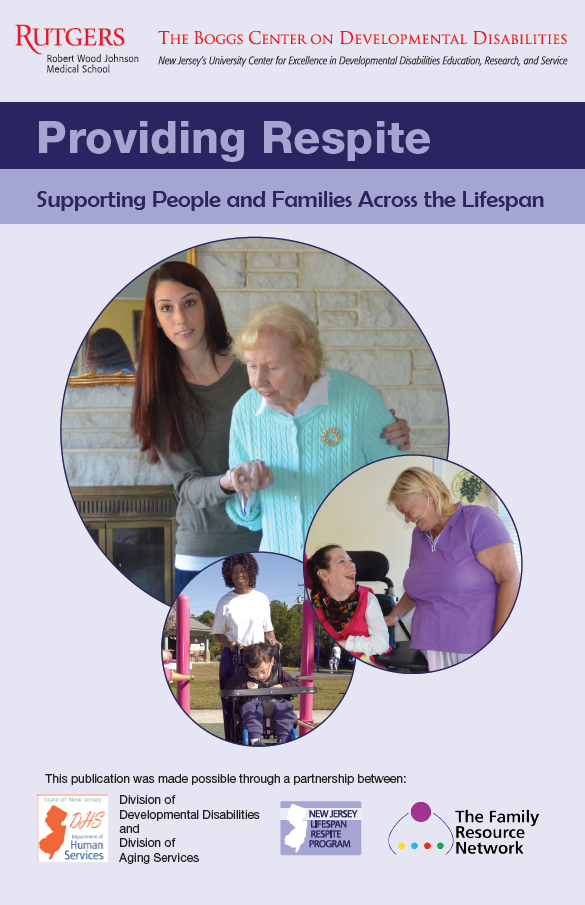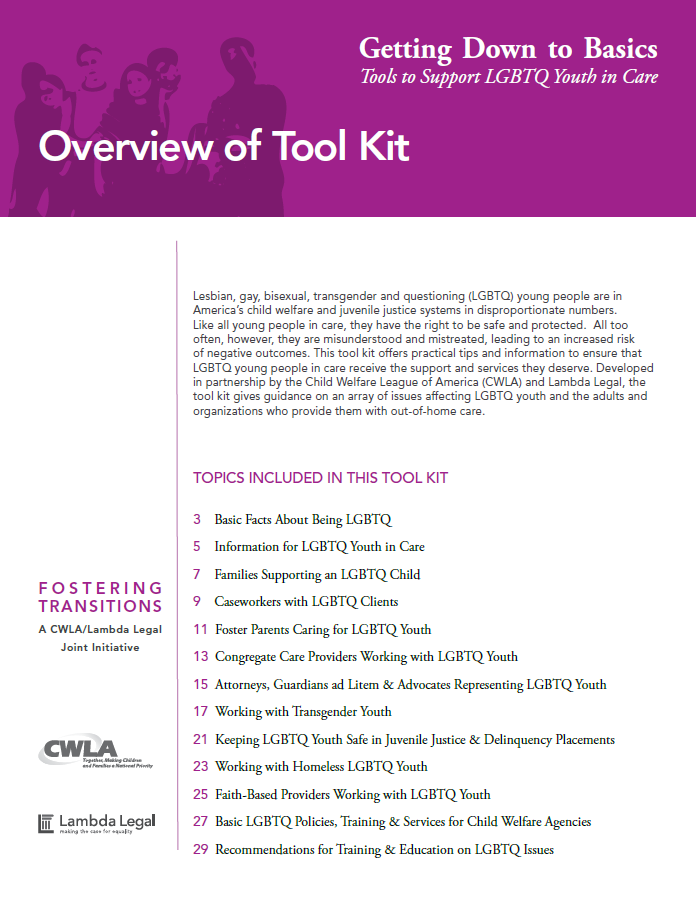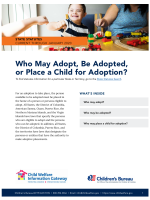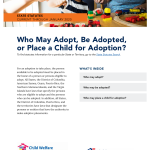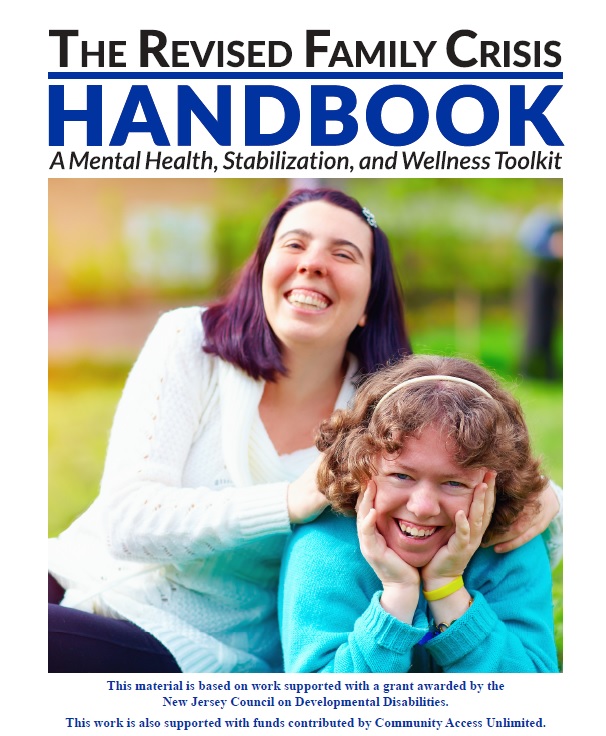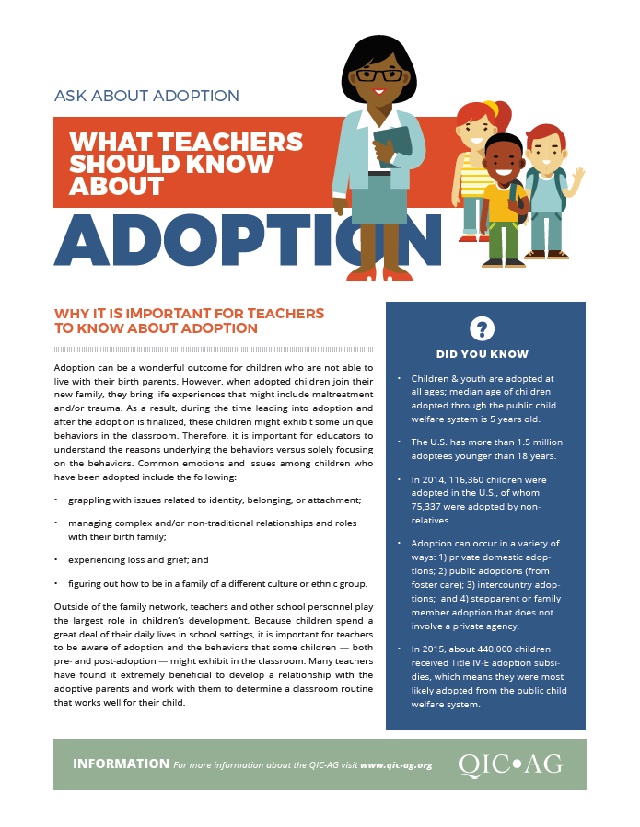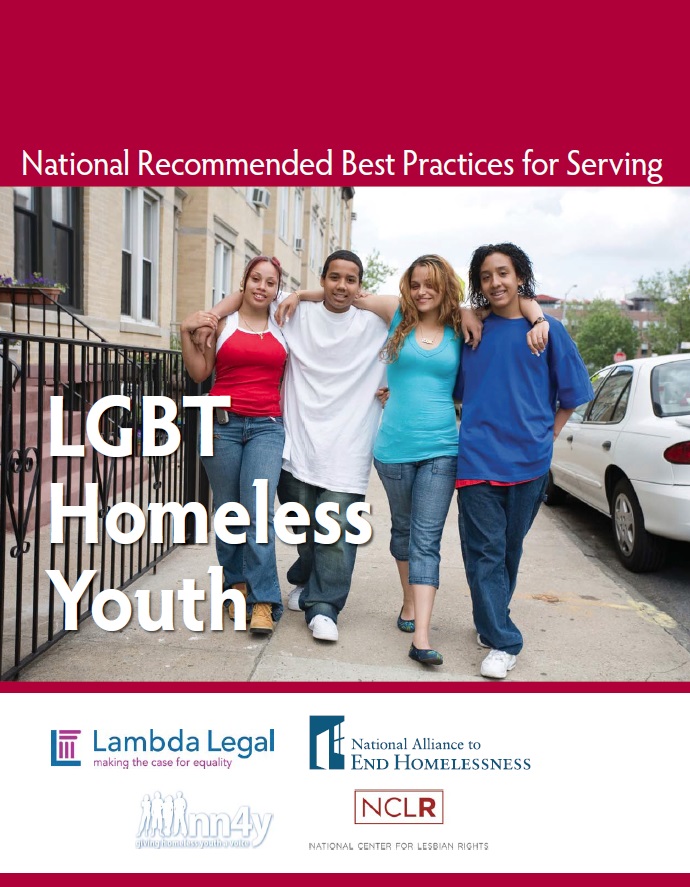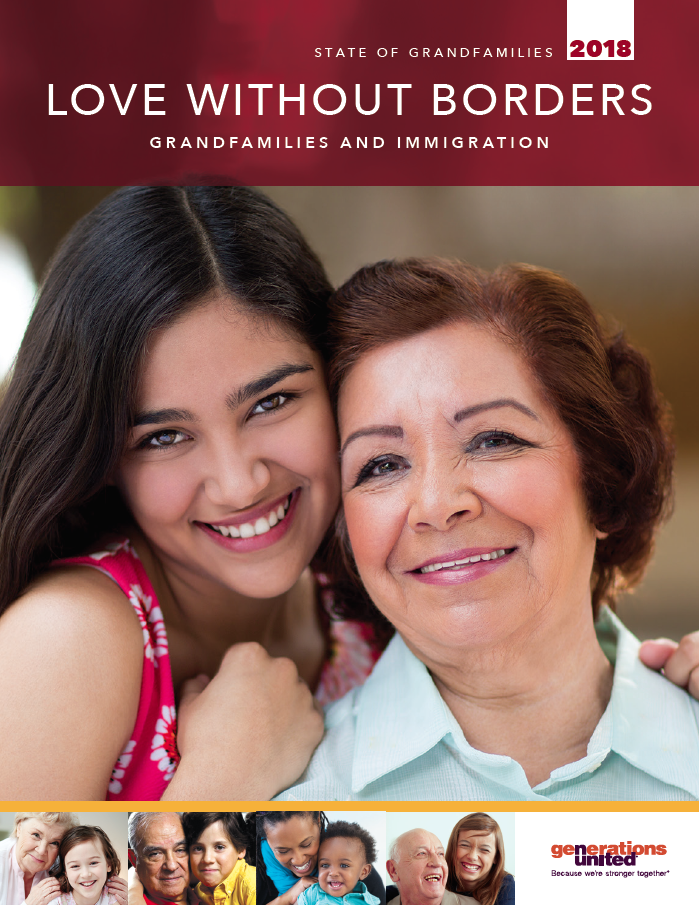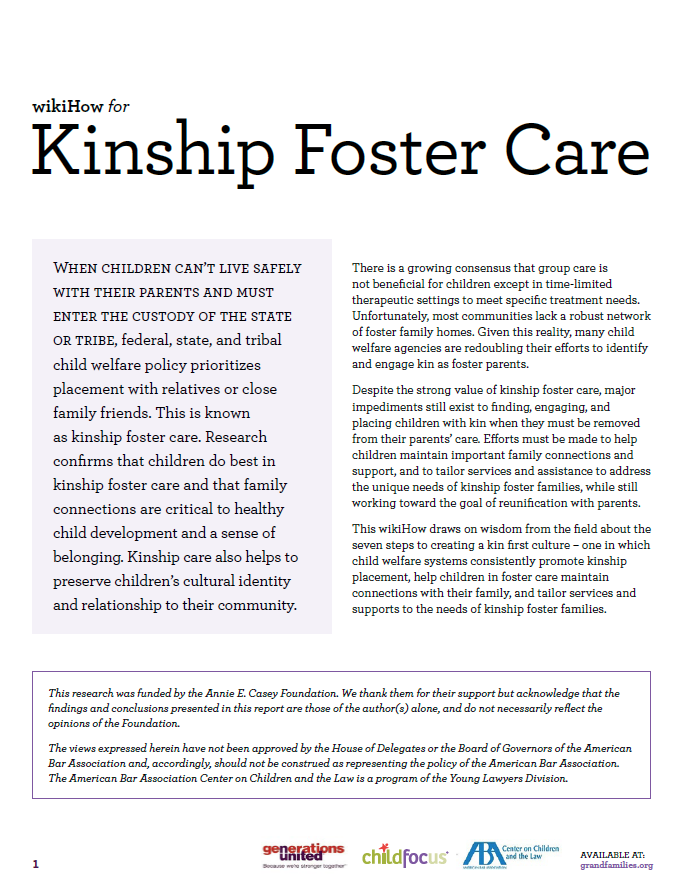
Quick Reference Mental Health Guide
The COVID-19 pandemic continues to impact every aspect of our lives. This public health emergency has presented unprecedented challenges to our schools and communities. In June, the New Jersey Department of Education (NJDOE) released The Road Back: Restart and Recovery Plan providing necessary information and considerations for a return to in-person instruction to our school district leaders. Since the provision of those guidelines, districts have made difficult decisions regarding the safe reopening of their schools based upon local needs assessments, staffing capacities, current enrollment numbers, and the unique physical structures within each school. New Jersey students and educators returned to school utilizing operational models such as: hybrid learning, remote instruction, or full in-person instruction. While districts have approached the challenge of school reopening in a variety of ways, all school communities are facing the same fundamental reality that their students and staff have endured, and continue to endure, significant stress and trauma as a result of the ongoing pandemic.

